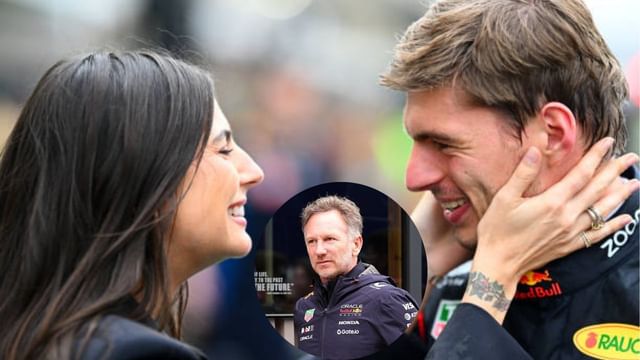a major strategic shift, LIV Golf has officially ended the era of massive upfront payments in its contract renewal process, marking a new chapter for the controversial but increasingly influential golf league. The move signals a transformation in LIV’s operational model as it aims to mature from a disruptor funded by vast Saudi investment into a sustainable, performance-based sporting entity.The End of an EraSince its explosive debut in 2022, LIV Golf captured headlines by luring top talent from the PGA Tour and DP World Tour with unprecedented signing bonuses. Phil Mickelson, Dustin Johnson, Brooks Koepka, Bryson DeChambeau, and other high-profile names reportedly received nine-figure deals to join the Saudi-backed league. These upfront payments were often guaranteed regardless of performance, positioning LIV as a lucrative—and controversial—alternative to traditional golf tours.However, insiders confirm that the new round of contract renewals, beginning in 2025, will not include those large lump-sum payments. Instead, LIV Golf is shifting toward incentive-laden contracts focused on performance, team contributions, and long-term brand alignment. This pivot reflects a maturing approach, echoing more conventional sports league economics.From Flash to Framework“LIV needed splashy deals to establish credibility and create immediate impact. Those objectives have been met,” said a source close to the league. “Now it’s about sustainability, ROI, and building a real competitive ecosystem—not just buying star power.”LIV CEO Greg Norman, who has been the face of LIV’s initial recruitment campaign, reportedly supports the changes, emphasizing the importance of fostering a merit-based culture. LIV’s future, according to Norman and league leadership, lies in team franchises, fan engagement, and commercial viability—not endless payouts.Players will now earn primarily through tournament purses, team bonuses, and new incentive mechanisms tied to media appearances, fan engagement metrics, and competitive success. This model not only aligns LIV with more established sports leagues but also addresses growing concerns about return on investment from stakeholders in the Saudi Public Investment Fund (PIF), which bankrolls the league.Player Reactions and Market ImplicationsWhile some early LIV players have already reaped the benefits of enormous contracts, the new approach could prompt tougher decisions for players considering the switch from traditional tours. It also puts existing LIV players in a new light. Those whose contracts are set to expire in the next 12 to 18 months must now prove their value on the course and within the team framework to secure future deals.Reaction among the players has been mixed. According to reports, younger LIV stars like Talor Gooch and Joaquin Niemann have embraced the change, viewing it as a chance to solidify LIV’s legitimacy. Others, especially those nearing the end of their playing careers, may find the new model less appealing.For the broader professional golf landscape, this change could signal the end of the most chaotic phase of the so-called “golf war” between LIV and the PGA Tour. Without the lure of guaranteed multi-million dollar contracts, the exodus of players from traditional tours to LIV may slow, particularly if the proposed PGA Tour–PIF framework agreement eventually yields a unifying structure.The Business Side: Franchises and Future GrowthEnding upfront payments also supports LIV’s longer-term commercial vision. Each team franchise is expected to function as a standalone business, complete with owners, branding, sponsors, and revenue goals. Teams like Smash GC, 4 Aces, and Torque GC are increasingly being treated as sports franchises akin to those in the NFL or Formula 1.Franchise valuation and revenue sharing models will now play a greater role in player compensation, giving athletes a stake in their teams’ success and longevity. LIV hopes this will foster loyalty and entrepreneurial investment among players, while reducing financial pressure on the central organization.Moreover, LIV is expanding its global reach, with new tournaments planned in Asia, Australia, and Latin America. This global approach, combined with a performance-driven compensation system, is intended to attract a broader audience and sponsors who want to engage with a competitive, forward-looking product.A New Normal for LIVAs LIV Golf enters its third full season, the end of the upfront payment era is both a symbolic and practical evolution. What began as a revolutionary gamble funded by bottomless capital is transitioning into a structured, performance-driven enterprise. The headlines may no longer be dominated by astronomical signing bonuses, but the future may be more stable and sustainable.In many ways, this change was inevitable. To move from spectacle to substance, LIV had to tighten its business model. The league has established itself on the global stage—now it must prove that it can endure.For fans, players, and stakeholders alike, the next chapter of LIV Golf will be defined not by what it gives, but by what its players earn.

